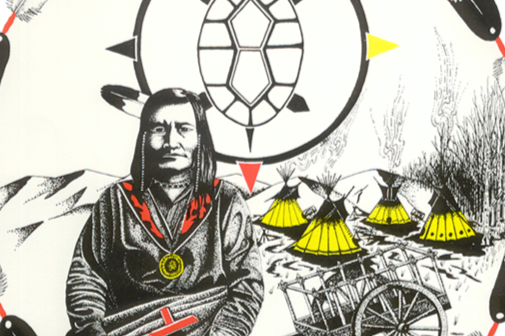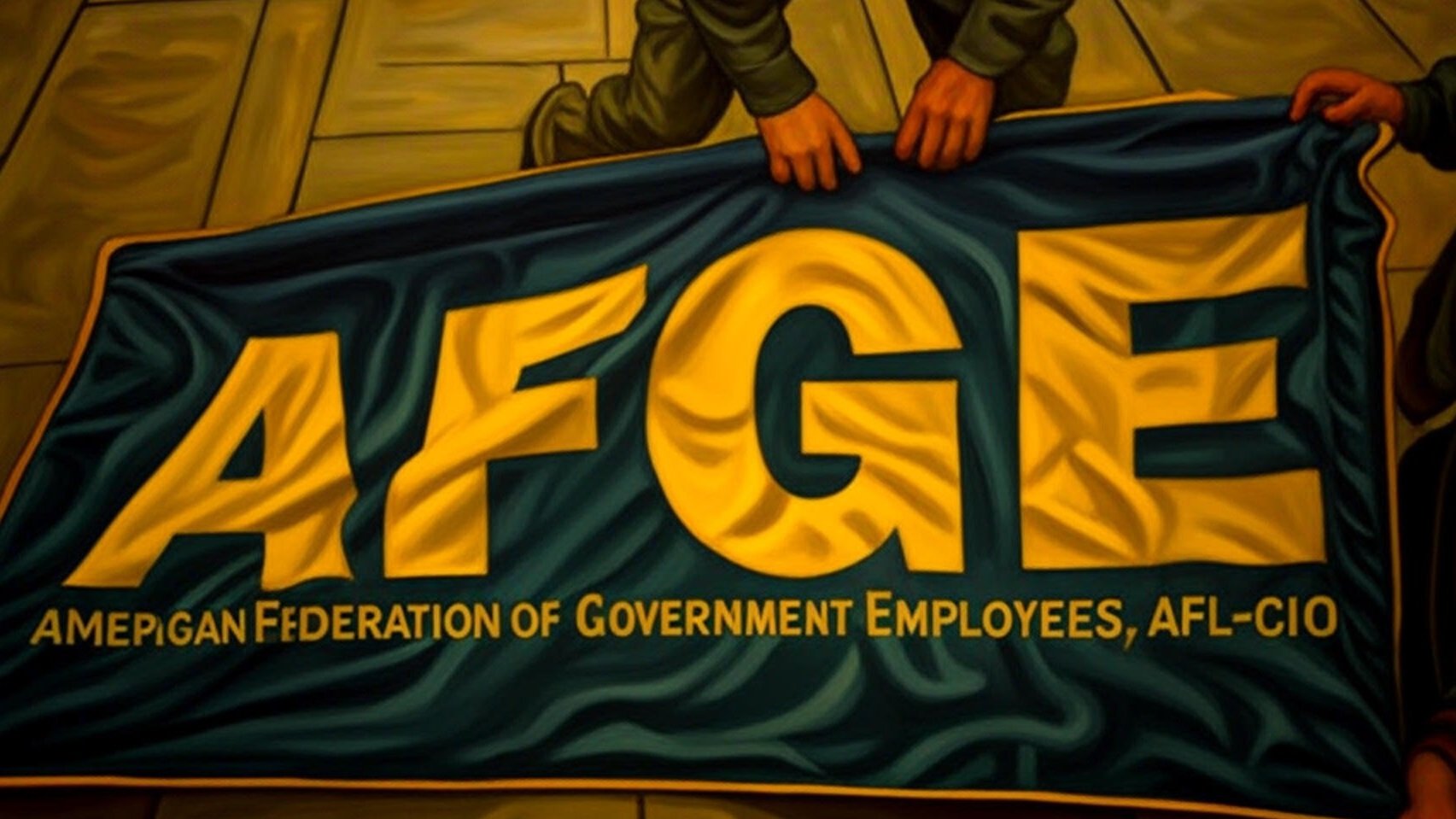Plaintiffs Request Supreme Court to Recognize Private Actions Under the Voting Rights Act
In a high-stakes legal battle with profound implications for the future of voting rights, a group of plaintiffs, including two Native American tribes from North Dakota, have asked the U.S. Supreme Court to intervene in their case. They seek to block a controversial appellate court ruling that threatens to dismantle a key enforcement mechanism of the federal Voting Rights Act (VRA). The case, Turtle Mountain Band of Chippewa Indians v. Howe, places the power of citizens to sue over discriminatory voting laws directly in the nation's highest court's crosshairs.
Background of the Dispute
The case originated after North Dakota's Republican-led legislature redrew its state legislative maps in 2021 based on the 2020 Census. The new map dismantled a legislative district that had allowed the Turtle Mountain Band of Chippewa Indians and the Spirit Lake Tribe to elect candidates of their choice. It did so by "cracking" the Native American voting bloc, dividing the Fort Berthold Indian Reservation into two separate state legislative districts. This action diluted the collective voting power of the tribes, making it significantly harder for them to elect representation.
In response, the two tribes and several individual voters sued the state in 2022. They argued the new map violated Section 2 of the Voting Rights Act, which prohibits voting practices or procedures that discriminate on the basis of race. A federal district court agreed with the plaintiffs, finding the map unlawfully diluted the voting strength of Native Americans. The court ordered the state to adopt a remedial map drawn by the plaintiffs for the 2024 elections, which resulted in the election of three Native American legislators.
However, the state appealed to the U.S. Court of Appeals for the 8th Circuit. In a dramatic reversal, the 8th Circuit sided with North Dakota, but on different grounds. It ruled that there is no "private right of action" under Section 2 of the VRA, meaning that only the U.S. Attorney General, not private citizens or groups, can bring such lawsuits. This decision, echoing a similar ruling in an Arkansas case, set the stage for a Supreme Court showdown.
What Both Sides Want
The Plaintiffs (Native American Tribes and Voters): The plaintiffs' goal is twofold. Their immediate objective is to have the Supreme Court vacate the 8th Circuit's ruling and reinstate the remedial map that allows them fair representation. Their broader goal is to preserve the long-standing ability of private individuals and civil rights organizations to sue under Section 2 of the VRA. They argue that for nearly sixty years, the VRA has been enforced primarily by those directly harmed by discrimination. Removing this right would, in their words, "knee-cap Congress's most important civil rights statute" and leave minority voters with theoretical rights but no practical way to defend them, especially given North Dakota's "long and sad history of official discrimination."
The Defendant (State of North Dakota): The state of North Dakota seeks to have the 8th Circuit's decision upheld, allowing it to use its 2021 map. The state's central argument is that the text of the Voting Rights Act does not explicitly grant a "private right of action" for Section 2. They contend that enforcement power rests solely with the U.S. Department of Justice. By winning, North Dakota would not only validate its legislative map but also help establish a new national precedent that would severely limit the number of lawsuits challenging voting laws across the country.
Ramifications of a Supreme Court Decision
The outcome of this case carries consequences that extend far beyond North Dakota.
If the Plaintiffs Win: A victory for the tribes would affirm the status quo that has existed for decades. It would confirm that private citizens, tribes, and civil rights groups have the right to sue to protect their voting rights under Section 2. This would preserve a critical tool for challenging racially discriminatory voting laws, such as those involving gerrymandering, voter ID requirements, and restrictions on polling place accessibility. The remedial map in North Dakota would likely remain in place for future elections.
If North Dakota Wins: If the Supreme Court agrees with the 8th Circuit, it would represent a monumental shift in civil rights law.
End of Private Enforcement: The primary mechanism for enforcing Section 2 of the VRA for the last 60 years would be eliminated. Victims of voting discrimination would have to rely on the Department of Justice to file a lawsuit on their behalf.
Reduced Oversight: Critics argue that the DOJ lacks the resources and, depending on the administration, the political will to pursue all meritorious VRA claims. This would lead to many discriminatory maps and laws going unchallenged.
Circuit Split Resolution: The ruling would resolve the current split where voters in the 8th Circuit (which includes Arkansas, Iowa, Minnesota, Missouri, Nebraska, North Dakota, and South Dakota) have fewer rights to challenge discrimination than citizens elsewhere. However, it would do so by lowering the protections for everyone.
The Supreme Court's interest in this issue is not new. In a 2021 opinion, Justice Neil Gorsuch, joined by Justice Clarence Thomas, noted that the Court had only ever assumed a private right of action existed under Section 2 but had never explicitly decided the issue, signaling a potential willingness to reconsider it. The plaintiffs have asked the justices for an emergency stay to block the 8th Circuit's ruling before it takes effect, with a formal petition for review to follow.







In a significant policy shift, federal prosecutors in the District of Columbia have been directed to stop bringing felony charges against individuals solely for carrying rifles or shotguns. The new directive, confirmed by U.S. Attorney for D.C. Jeanine Pirro, stems from a Justice Department determination that the city's longstanding ban on the public carry of long guns is unconstitutional in light of recent Supreme Court precedent.